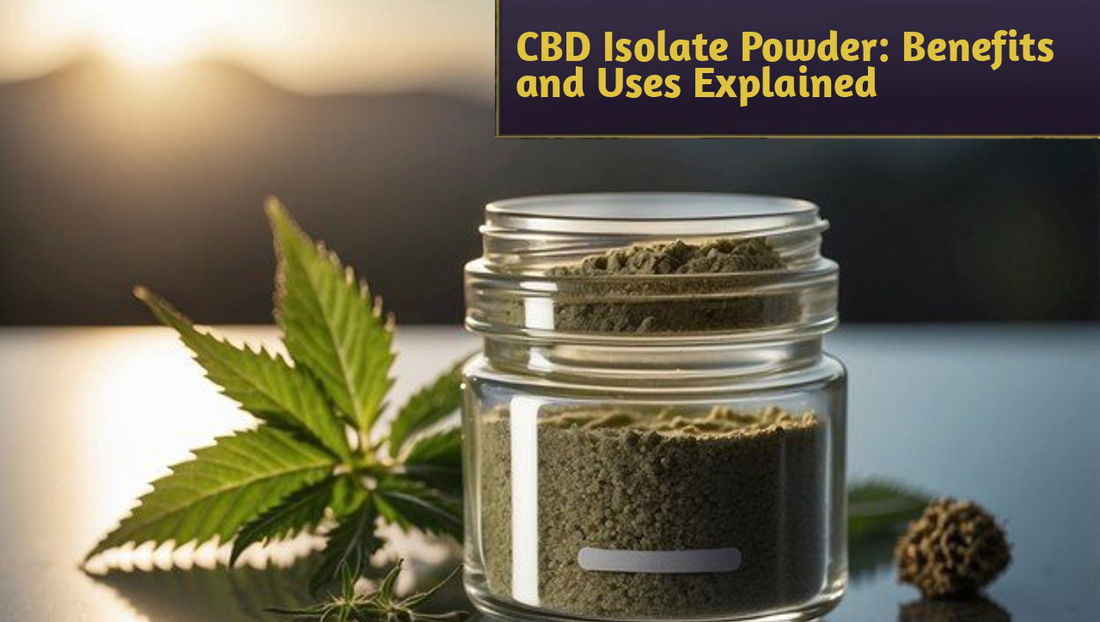Steroids, those anabolic and hormonal analogues of testosterone - the male sex hormone - are one of the more frequently used by athletes either to increase performance or muscle mass and to accelerate recovery as well. The application of anabolic steroids may provide some athletes with a physical advantage; but sport authorities have outlawed them as false practice. The enticement to achieve higher standards has drawn some athletes to steroids for sale mostly, they go through the unlawful way – the combination of which seriously endanger their careers and health. Steroids are actually seen by some as a means to level the playing field, however, sport authorities - in order to maintain adherence to the rules and protect athlete health - are usually very strict on regulation.
Physiological Effects
Steroids are substances which are capable of greatly modifying the body's physiology thus making muscle bigger and stronger as well as boosting the strength and endurance of their users. These effects are achieved through several mechanisms: steroids give a boost to protein synthesis inside the cells resulting in the food supply of the cells. The cells use this supply to create tissues; the most notable of which are muscles. They are also very effective as they inhibit the effect of cortisol, a stress hormone that leads to break down of muscles causing slower recovery. Furthermore, steroids increase the production of red blood cells, which in turn enhances oxygen delivery through muscles and requires improved stamina and performance.
Nevertheless, the physiological impacts of anabolic steroids encompass not only muscle growth, but also superior athletic performance. In addition, they can influence other body mechanisms, causing alterations in mood and mood, increasing aggressive attitudes and influencing reproductive and cardiovascular health. Concerning this, the sportspersons, coaches and doctors should know these effects because of the significant effect of steroids on a human organism.
Health Risks and Side Effects
Anabolic steroids are known to cause various medical impacts and side-effects that may be nearly negligible or very severe. Knowledge of these risks simply makes them important to anyone who is planning to use them. No doubt, every substance in the anabolic steroids has the potential of leading to the following health risks and side effects.
Short-Term Side Effects
● Skin problems such as acne
● Mood swings
● Fatigue and restlessness
● Low sex drive
Long-Term Risks
● Liver damage and impairment
● Heart attacks and strokes
● Decline in reproductive health, including decreased fertility
Effects in Men
● Testes shrinkage
● Low @@@@ count
● Development of breast tissue
Effects in Women
● Lowering of voice
● Growth of body hair
● Irregular menstrual cycles
Additional Risks
● Appearance of small blood vessels under the skin
● Development of infections
● Transmission of blood-borne diseases from non-sterile needles
● Worsening of mood disorders, including depression, panic disorder, and aggressiveness
One should not take anabolic steroids when not prescribed by a doctor, as they have potential risks for an individual's health. Anyone planning on taking anabolic steroids need to know that for every boost that they can get from it, there is always a downside in terms of permanent health hazard.
Ethical Considerations
This essay will center around two predominant ethical questions raised by the use of steroids in sports, i. e. fairness in competition and the ethicality of these injections. A steroid-like enhancement can meaningfully increase the athletic accuracy of an athlete, helping him/her get over the competitors who are strictly following normal training methods. Since the imbalance of the injustice cleans the moral effect of the sport. One should be much concerned about the principles of fairness in athletics games, as the athletes can compete under equal rules only under this premise. Using performance-enhancing substances by athletes negates the "(illegality) and the essence of the game. Not only this but the compulsion to have victories may compel other athletes to use performance-enhancing drugs for pure keeping up, and therefore the cycle of unethical behavior accounts for this. Being steroids an element that can taint successful athletes other than those who are competing cleanly makes people have no faith about sports.
Role Models and Public Perception
Athletes have a great impact on fans and supporters, especially younger people that will want to achieve the same things in the future. A utilization of steroids by talented athletes may jeopardize a reputable message and send a harmful signal that reaching success through performance-enhancing drugs can be acceptable. Whether for leisure or to mimic elite athletes, this might entail consumption by a number of ordinary people or athletes and thus put the health of the society at risk while at the same time cause this sort of complications in terms of ethics. Additionally, the sports media can ruin the same public perception when thousand steroid cases of stardom appear in the public eye. Controversy associated with anabolic steroids will also come with doubts and cynicism if sport’s achievements and records are genuine. A drug-free atmosphere in sports preserves the honesty and emotional value of sports attributes by awarding those who acquired success using their purely inner strength and ability rather than artificial performance-enhancing methods which are copied by young fans and inspiring athletes.
Regulatory and Legal Framework
Sports regulations and laws provide simple guidelines for steroid use in sports that supervise the games, keep the athletes healthy, and maintain the sports competitions. To complicate matters the majority of the sports governing bodies (e. g. International Olympic Committee (IOC) and professional sports leagues) have got sport specific anti-doping regulations which disallow players to use steroids and other performance- enhancing drugs. Regulation of drug use is done by random tests of athletes and very heavy fines for those caught with prohibited stimulants.
Completely, mass steroids distribution fails to be a guarantee if the black market still exists. The legal side effects of steroids depend on a specific country to country basis. However, most states place steroids, especially anabolic ones, to the category of controlled substances, making their use, possession and distribution illegal. Participation into banned drugs can be so frustrating through not only sport punishment but also possible legal effects such as fines and prison. A stringent regulatory framework is necessary to warrant disregard use of steroids, provide fair competition platforms and shield athletes' health and welfare.
Recap of the ethical and medical issues related to steroid use in sports
The moral ethics, as well as the medical dilemma of the utilization of steroids in sport are quite complex and sophisticated. Equity, repercussions of steroid use by an athlete as a role model, and the need for a well-established and effective regulatory framework are just some of the topics dealing with the challenges and the impact of steroid use in the sports world. Maintaining a fair match, keeping the sports pure and their participants healthy is something to consider and control. Through our journey to dig in deep and come to terms with the performance-enhancers and their effects, it is important to ensure that ethical boundaries are upheld, and that regulations are held dearly making sports its purest. Athletes, coaches, and the boards of organizations for the clean sports should work together and be the role models the young generation will base psychology on.











— Kommentare 0
, Reaktionen 1
Sei der erste der kommentiert